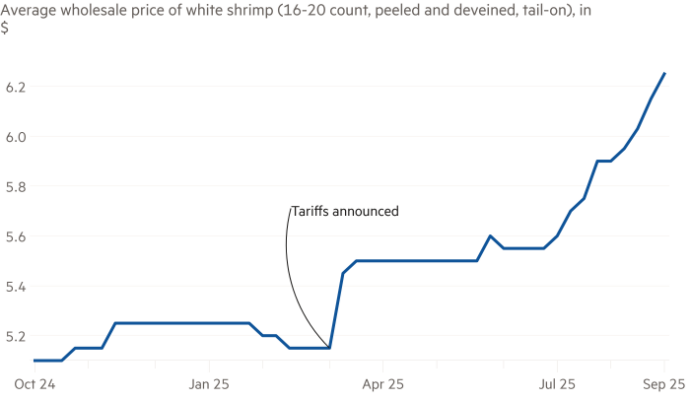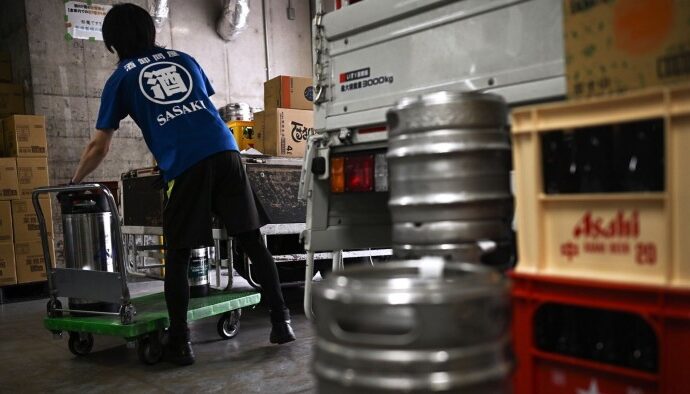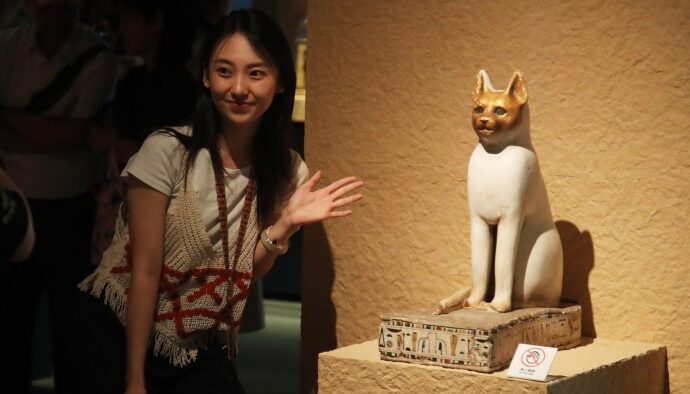Stay informed with free updates
Simply sign up to the Chinese business & finance myFT Digest — delivered directly to your inbox.
China’s first Legoland, one of the world’s biggest, officially opens its gates this weekend, hoping its Lego reconstruction of the Great Wall and other attractions will draw visitors despite pressure on consumer spending in the world’s second-biggest economy.
Legoland Shanghai, located about 50km outside the city, also includes a Lego replica of the city’s distinctive skyline. It will have more than 75 rides, other models and the company’s signature yellow figures, using a total of 85mn bricks, according to the park’s operator.
“It’s a big moment for us,” said Fiona Eastwood, chief executive of Merlin Entertainments, the UK-based company jointly operating Legoland Shanghai with the local government in Jinshan district. “It’s very much about strengthening our presence in China.”
China’s theme park industry is the world’s second largest after the US, following a rapid expansion in the 2010s. A recent flurry of expansions and new projects, often drawing on foreign intellectual property, reflect high hopes for growth in an economy where consumer demand has lacked momentum.
“In first-tier cities, people do have the spending power,” said Beth Chang, an economist at infrastructure consultant Aecom, referring to consumers in China’s largest cities. “They want a high-quality experience, and that’s why even when the economy is struggling you still have that market.”
But she added that Legoland would be a “very big test”, given its high prices and location.
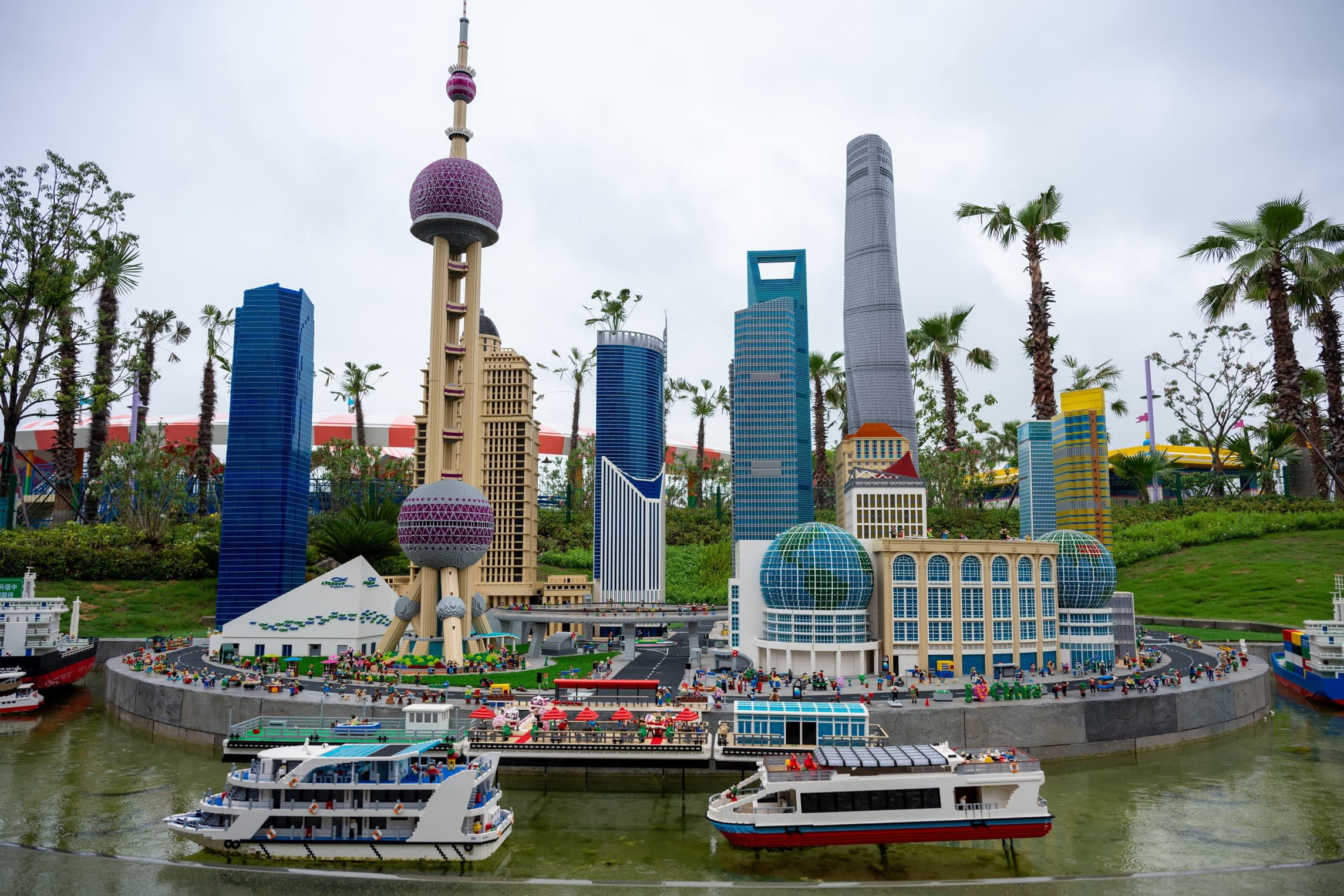
Across an estimated 200 theme parks nationwide, visitor revenue was “very weak”, she said, although top-tier foreign IP-based properties such as Disney and Universal Studios in Beijing could “still [keep] their attendance at a pretty reasonable range”.
Disneyland Shanghai in May started construction on a new Spider-Man section, its third expansion since opening in 2016. Warner Bros Discovery confirmed this year that a Harry Potter Studio Tour would open in 2027. US toy company Hasbro this week unveiled details of a $330mn Peppa Pig-themed park, the world’s largest of its kind, expected to open near Shanghai in the same year.
The ambitious plans come against a gloomy consumer backdrop. “The Chinese consumer, as we know, is a bit challenged,” said Hugh Johnston, chief financial officer at Disney, during an earnings call in May, adding that attendance was still “quite good” but consumers were “tightening their belts”.
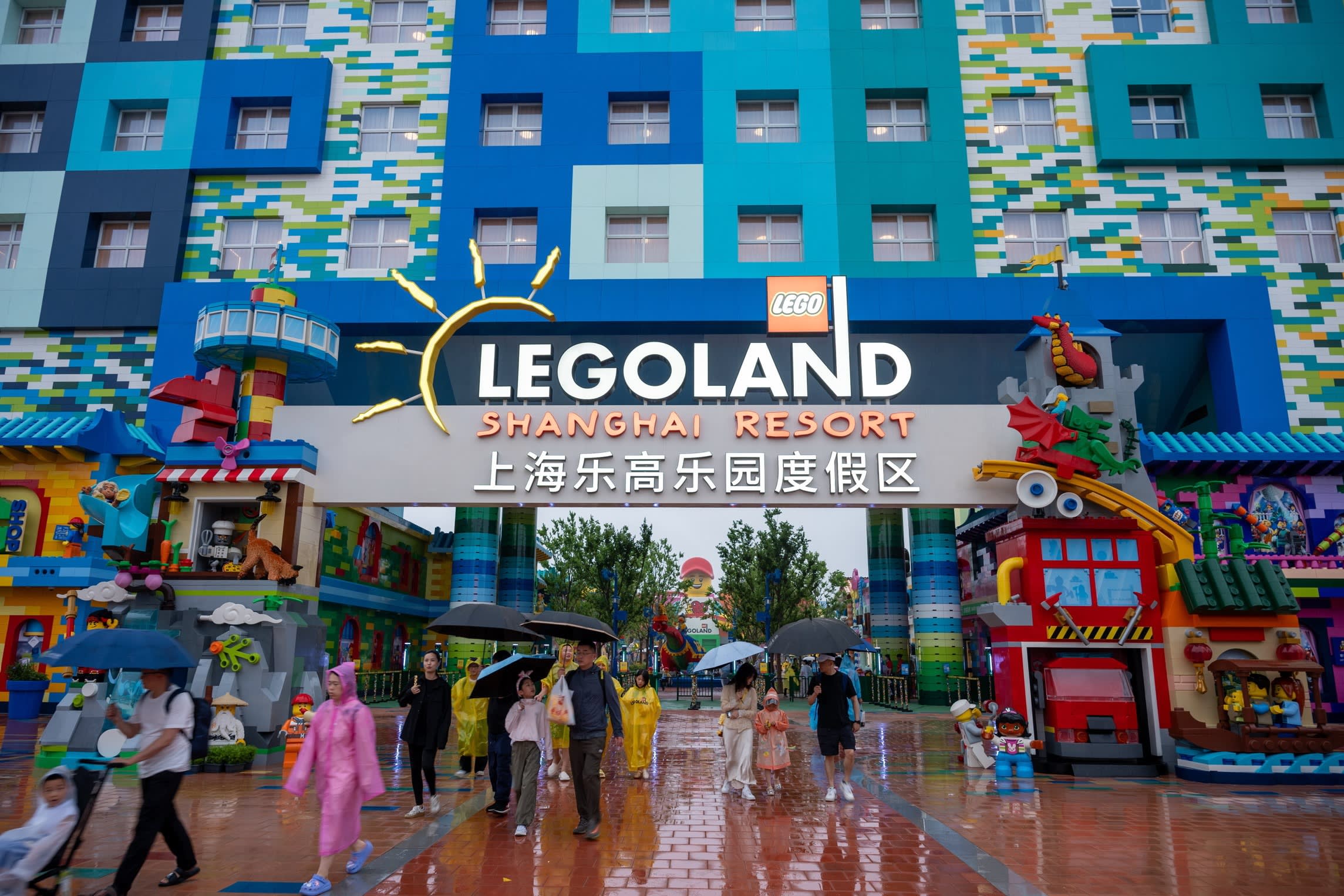
Construction on Legoland Shanghai, the 11th park globally, began in 2021. Its partnership with the local government dates back to 2019, before the Covid-19 pandemic, when the domestic market was already crowded. Domestic parks “that are willing to reinvest and offer a good experience . . . can only compete on price, and that is a vicious cycle”, said Chang.
Chen Shenyu, senior consultant at China Insights Consultancy, said foreign IP-based parks had benefited from supportive policies from the government, while young consumers were increasingly focused on “emotional and experience-driven consumption”. But he added that they face challenges from domestic competitors that “integrate local culture”.
The Shanghai Legoland park includes go-karts imprinted with the logo of Chinese carmaker BYD, as well as figures of classic Chinese characters such as the Monkey King.
Luo Yiting, in her twenties, who was visiting from the nearby city of Changzhou, said she and her boyfriend had bought annual passes for Rmb1,399 ($195) and already had annual passes for Disneyland.
“Lego was popular in my childhood, so I still have that childhood yearning for it when I grow up,” she said, adding that younger people in China had greater interest in toys and animated characters than previous generations.
Merlin has started construction on a second Legoland in the southern city of Shenzhen. The parks target children from two to 12 and their families. “After school starts . . . that will definitely put Shanghai Legoland to test,” said Chang.
Additional reporting by Wang Xueqiao in Shanghai
